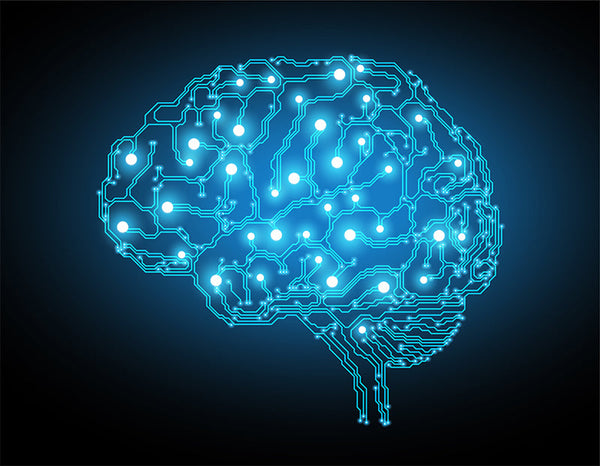
After 18 months of cancelled festivities, it’s finally time to grab a hot dog, cosy up by the bonfire (at a safe distance!), and get ready to watch a beautiful display of fireworks crackling, sizzling, whooshing into the sky.
But it’s important to stop and think about your ears before you head out for all the fun this November 5th weekend.
What is an unsafe sound level?
At up to 150 dB, fireworks are some of the loudest sounds around – far beyond the 85dB that’s deemed safe. Take a look at the list below to see where fireworks rank on the noise charts:

So why are fireworks regarded as ‘safe’ for ears?
However, all this doesn’t mean you should avoid your fireworks party at all costs. Because the noise from fireworks is generally not prolonged and displays don’t tend to go on for longer than about 20 minutes, you only need to follow some simple steps to protect your hearing.
- Get a pair of earplugs, such as the ACS Ear Plugs, or the custom-fit ACS Custom Ear Plugs, to help significantly reduce the volume and help you enjoy the fireworks in comfort.
- For kids, a pair of ear defenders are a great idea. They’re easier to wear than ear plugs and they can also be reused for other events, such as music concerts or festivals.
- Visit an organised display where you can stay at a safe distance from the fireworks. The further away you are, the more your hearing will be protected.
- Regularly schedule hearing check-ups to keep tabs on your ear health.

Is it time to see an audiologist?
After a fireworks display or other loud event, it’s common to experience a ringing in the ears called tinnitus. It’s often a sign that the noise was too loud and can cause a loss in hearing quality as the ears recover -- but this tinnitus should only be temporary and resolve naturally over a few days.
However, if the tinnitus is still present a week later or if you notice any longer-term changes in your hearing, it’s important to book a hearing test with an audiologist to make sure everything is okay.
They will then be able to assess any damage and let you know the best way to manage symptoms and arrange the best care for your hearing.
As well as eye care, Leightons also offers complete hearing care with our expert audiologists. Book an appointment to see us online, or give us a call on 0800 40 20 20.








